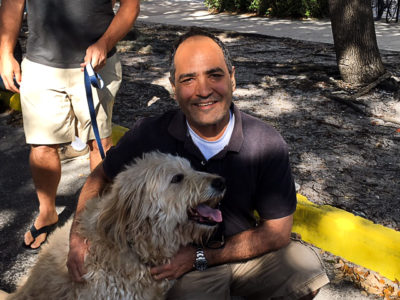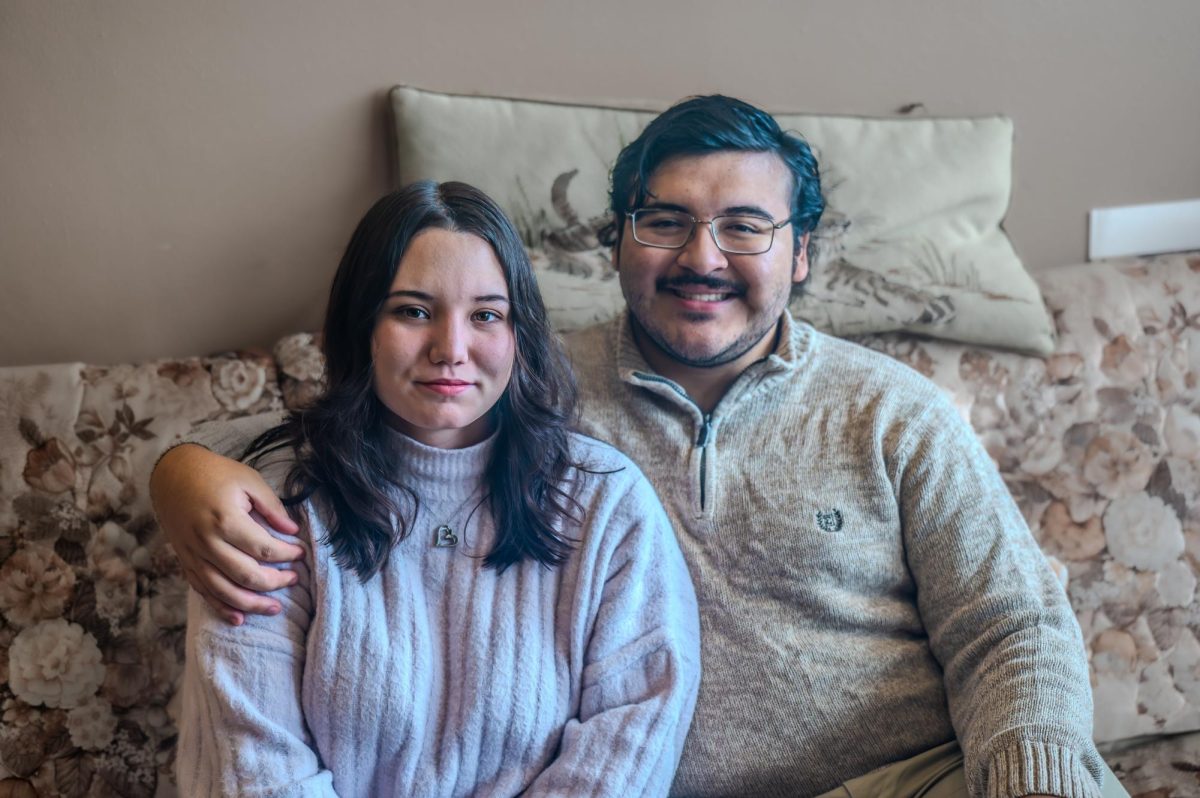
Wilson Scholar Sanjay Khanna ’85 is currently teaching a short course on entrepreneurship called “Real Life Entrepreneurship.” The three-week class will end on Nov. 9.
The class aims to teach students how to be entrepreneurs in the real world. In an email to The S&B, Khanna wrote that he wants to educate students on a “‘way of life’ in today’s competitive environment.”
Despite the focus on entrepreneurship, Khanna believes that this class is useful regardless of the professions students choose to chase. Khanna writes that he wants to “teach and develop in students an ‘intuitive’ methodology to think out of the box and innovate, which in my opinion are critical skills to be successful in life, irrespective of the profession one chooses.”
Like other classes taught at Grinnell, the class revolves around Khanna’s lecturing, readings and discussion from students. Khanna does not have a doctorate; he wanted to give back to his alma mater by teaching the class.
“When I was in Grinnell in the early 80s, many Americans, professors, corporate professionals, associates and friends from many a country, helped me develop my personality and skills, and this is my way of wanting to return their kindness, and the opportunity that America and Grinnell College gave me,” he wrote.
Khanna describes his career as being “creative.” He began by working for Time Magazine in 1985. After a stint in the hotel business, working for Oberoi Group of Hotels, he became an executive at Discovery Channel and Animal Planet in 1995, bringing the channels to his home country, India. Today, he considers himself a “struggling entrepreneur looking for his next big challenge.”
Beyond improving his writing and communication skills, he credits Grinnell College for teaching him how to handle people. “You need to learn how to manage your parents, peers, professors, spouse, friends, colleagues, associates, dog etc.,” Khanna wrote. “In my opinion, life is a management game and Grinnell College’s liberal arts experience has perhaps given me an edge in management and the Emotional Quotient.”





















































